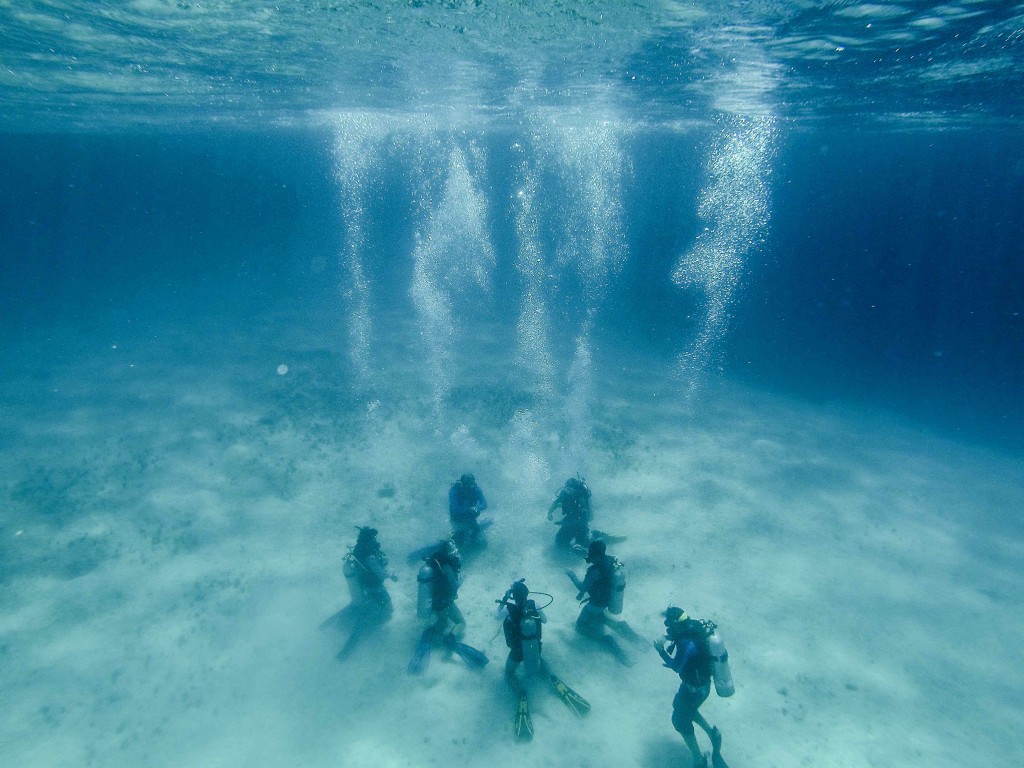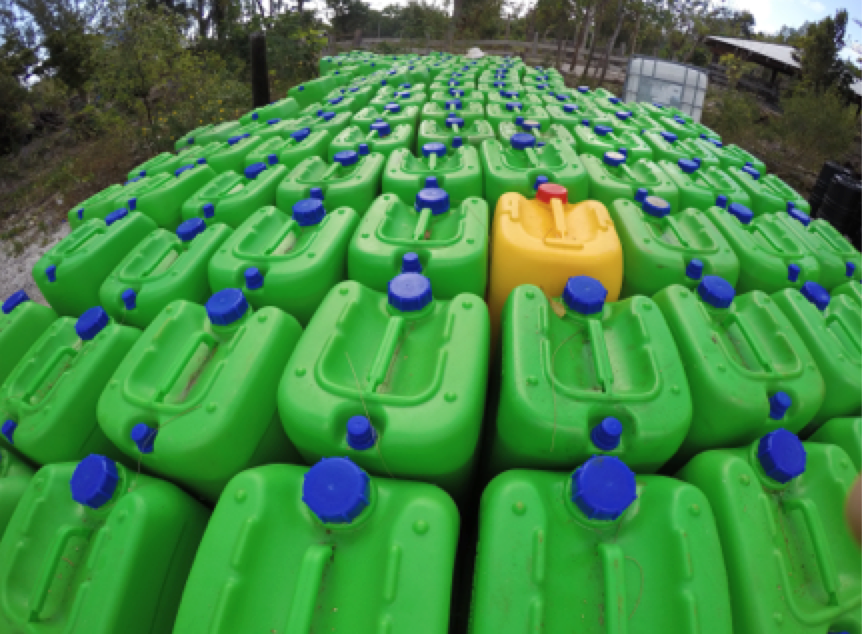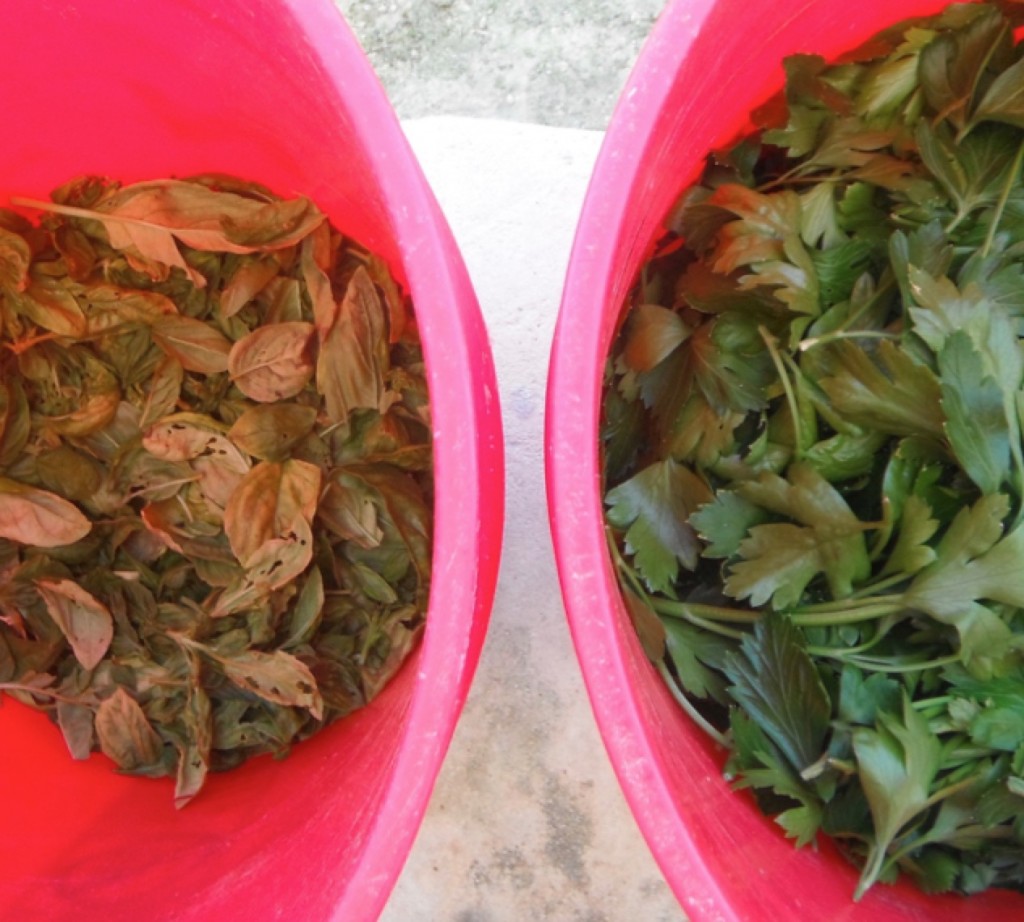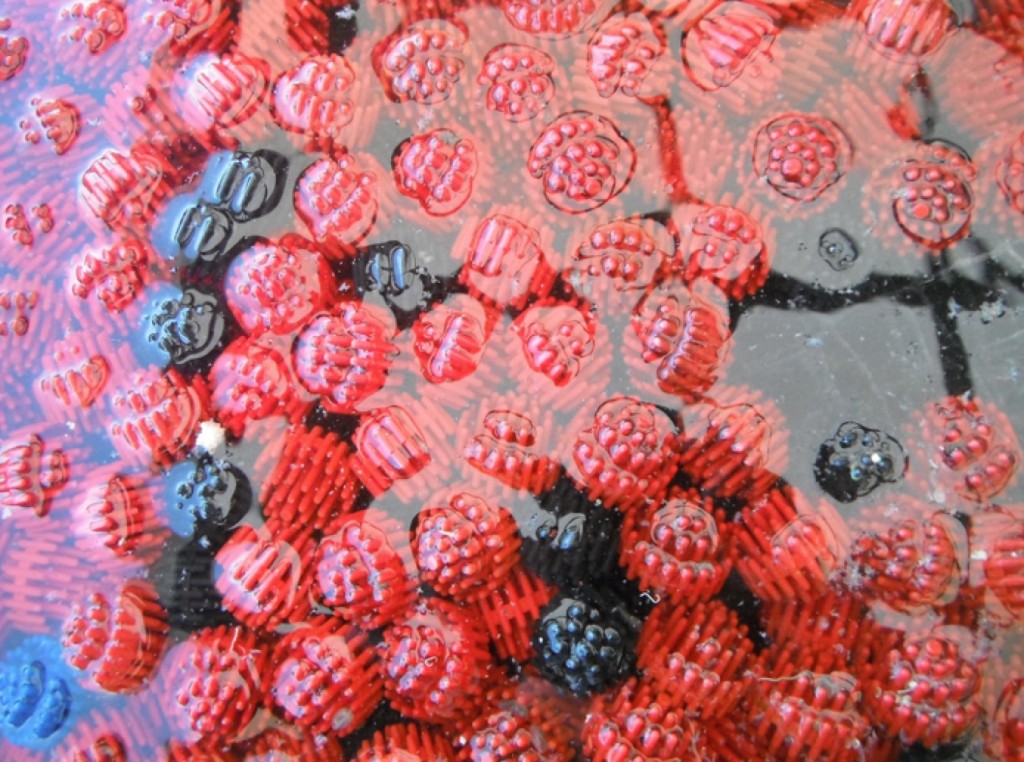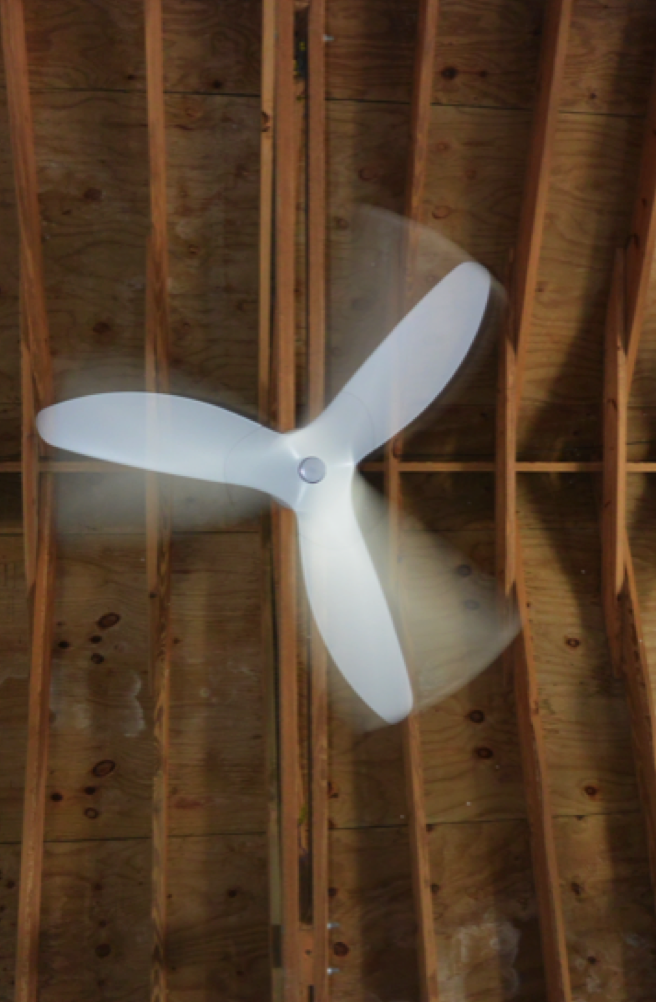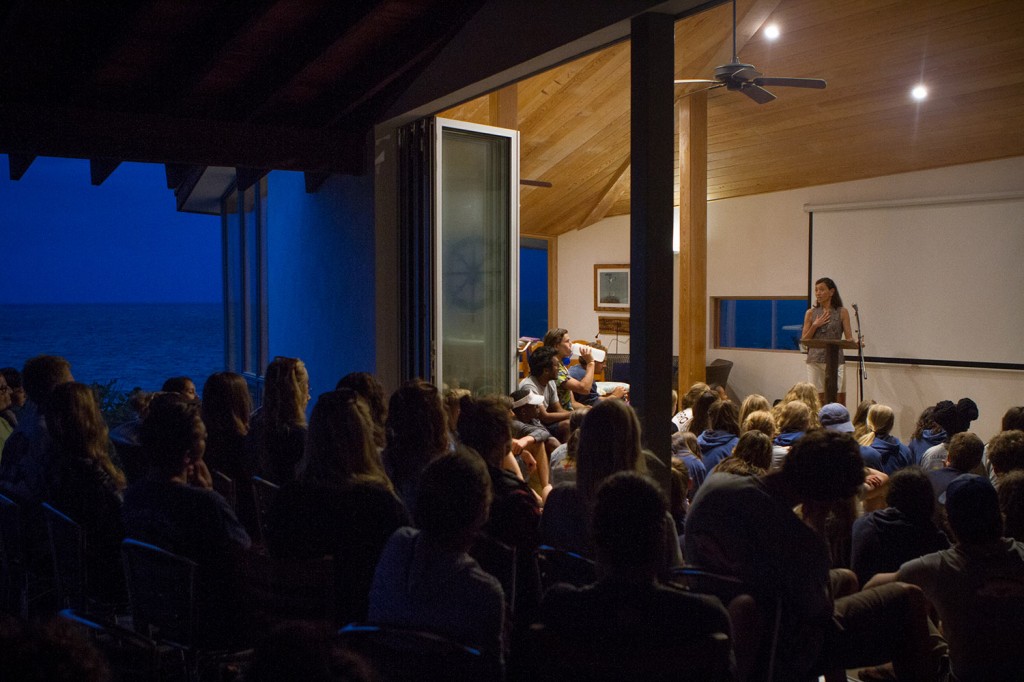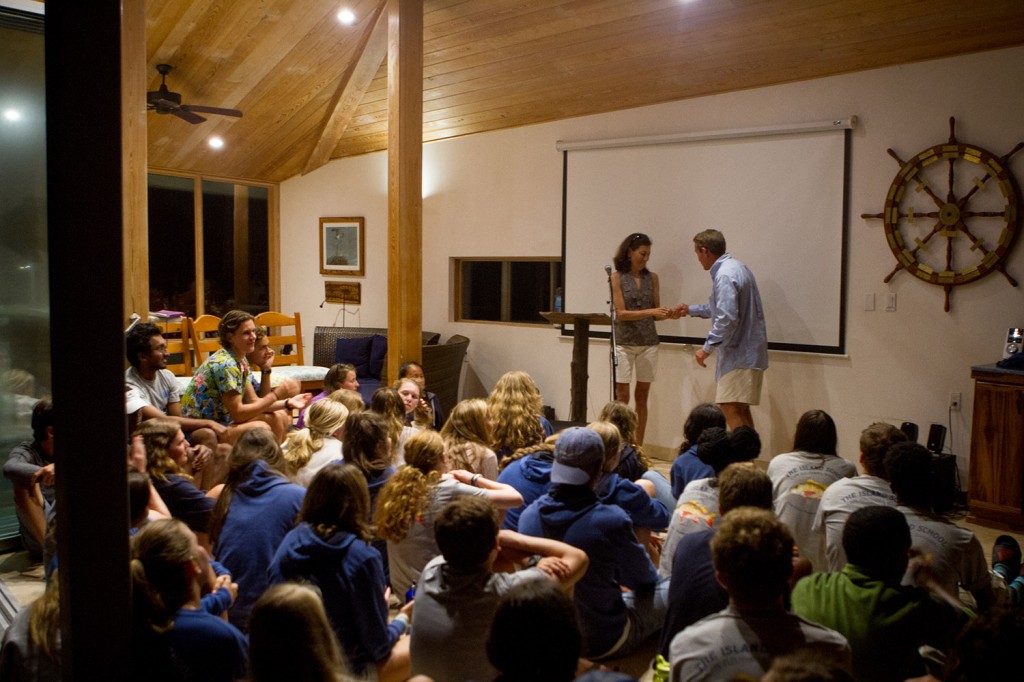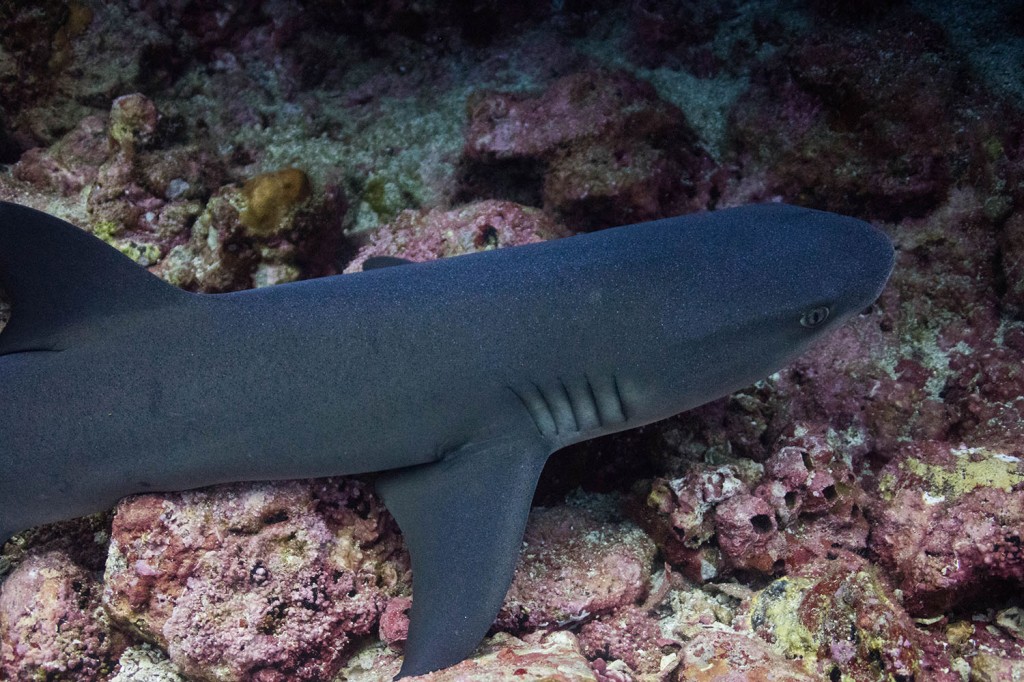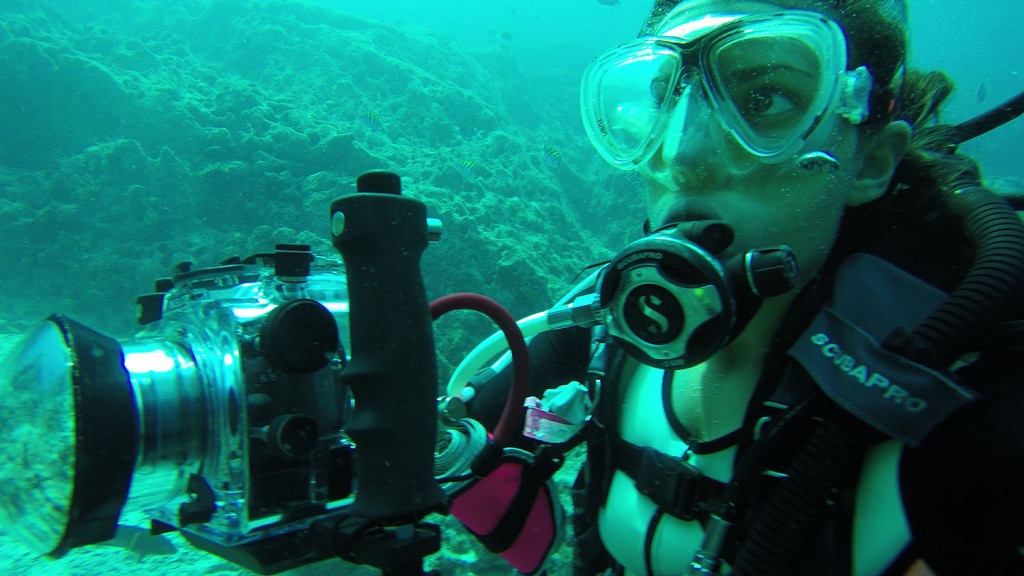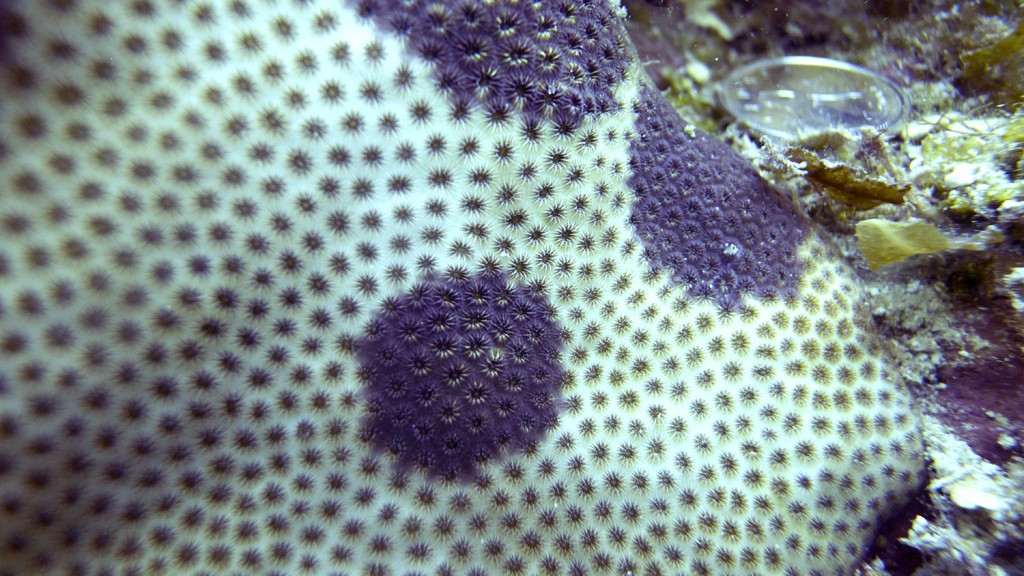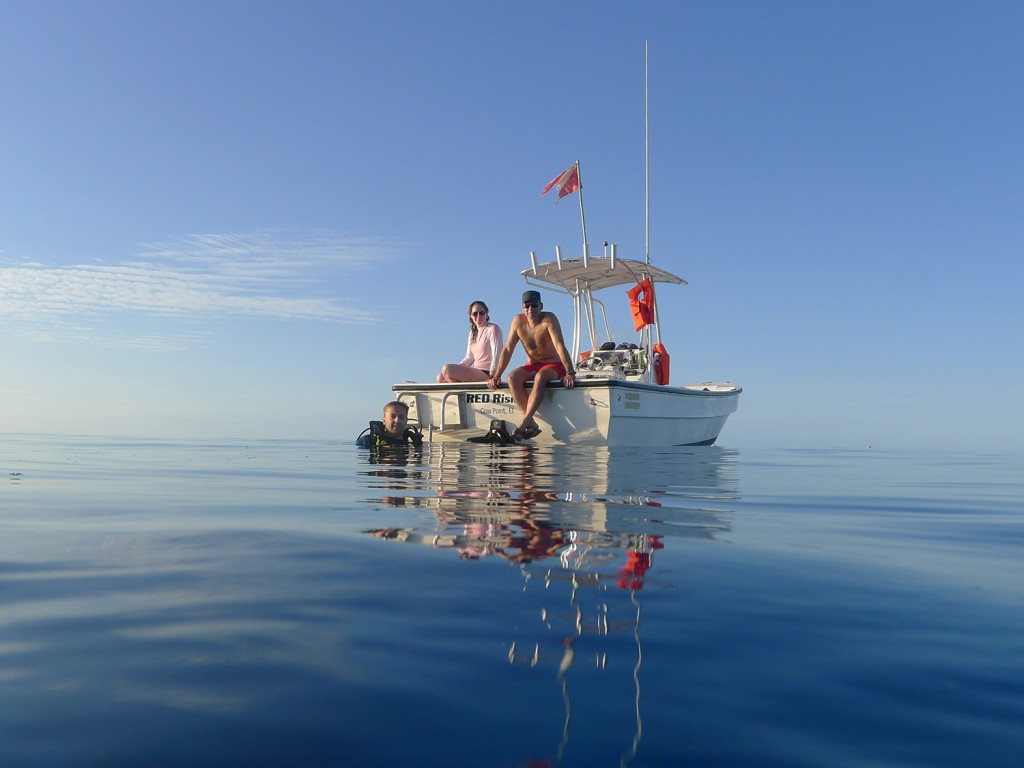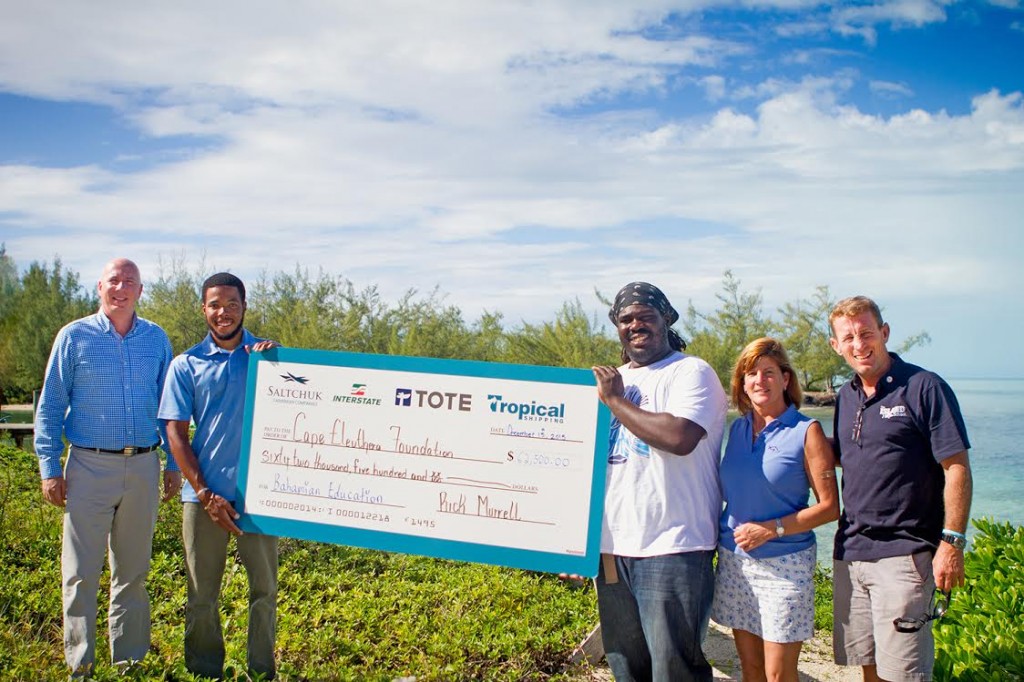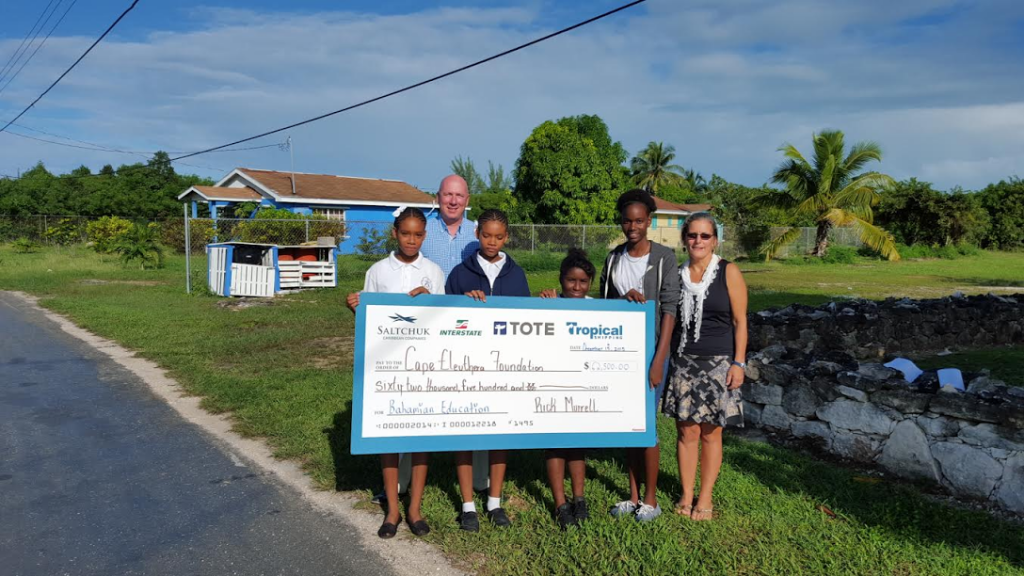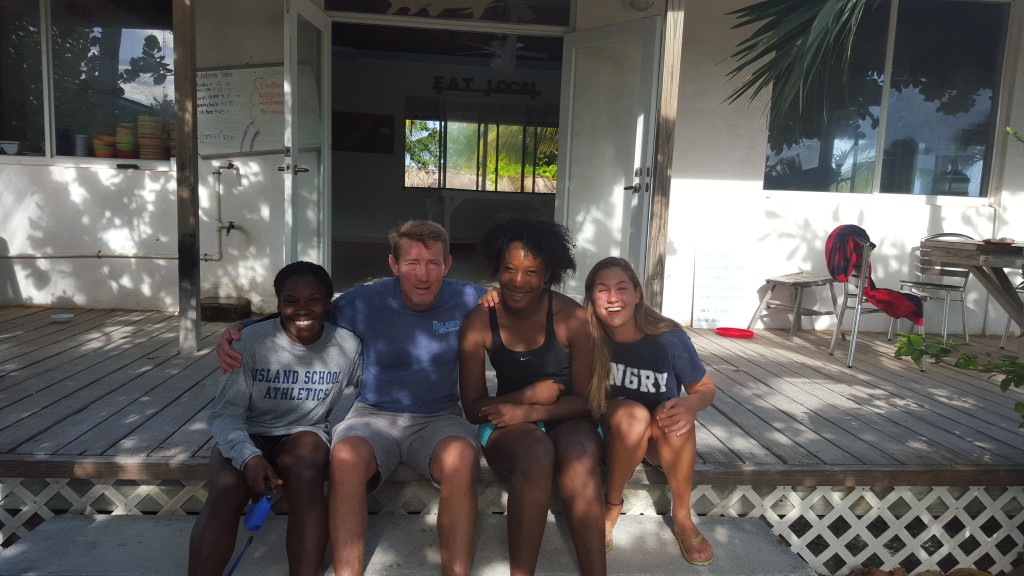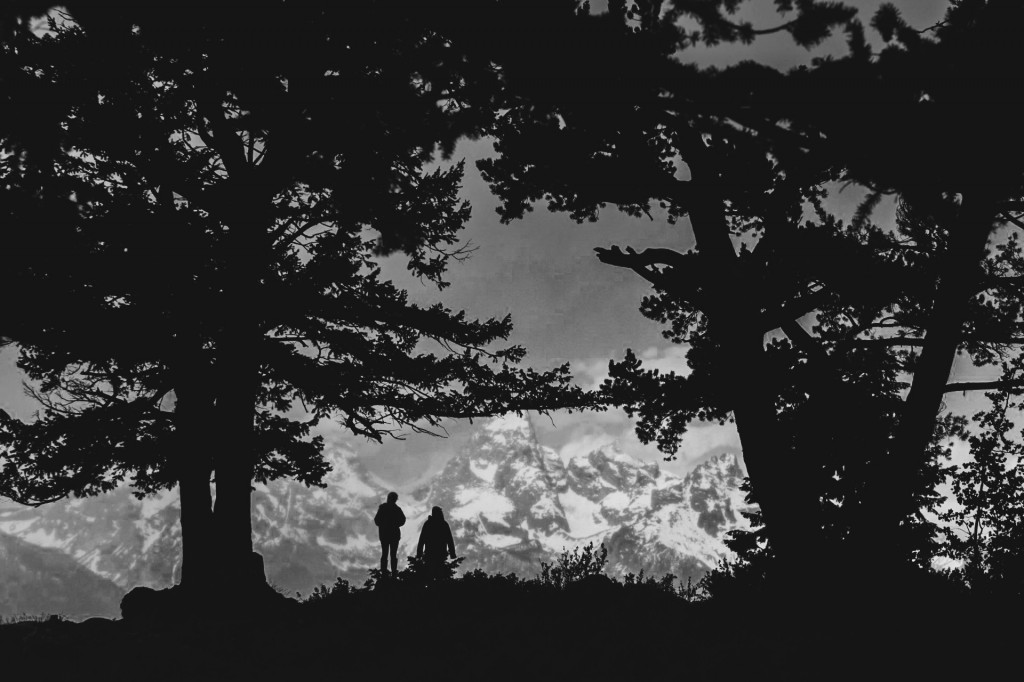Everyone who I met when I told them that I would be going SCUBA diving at The Island School said that each dive would be an incredible experience and that my first breath underwater would be one that I would never forget. SCUBA diving is one of the things that The Island School offered that really pulled me in and got me interested in the program. I was so excited once I got here to finally go on my first dive and have the experience of my life. Four days into the semester, rotation week started. During rotation week, half of the students go on a three-day kayak trip and the other half has three-day SCUBA training. I really wanted to have SCUBA training first partly because I didn’t want to have to leave the campus just after I arrived, but mostly because I was way to excited to dive.
After putting together out kits (this part should not be taken lightly as setting up kits takes some time and they’re pretty heavy) we were ready to descend and start our training underwater. My first breath was exactly the opposite of what everyone told me it would be like. I was scared, I was breathing at an unstructured pace, and I was panicking. In addition to this, I could not manage to sink to the bottom of the six-foot drop where we would do our training. I had to be quite literally pulled to the bottom by my SCUBA instructor.
When the first day was over I decided that I didn’t like diving. I was disappointed because I wanted so badly to love it and be good at it but I didn’t love it and I wasn’t good at it. Even with these thoughts in my mind, I went back out in full spirits the next day to continue training. I did slightly better and enjoyed it a little more day two but I was still bad and I was still dreading having to go back for one more day of training. The third day was completely unlike the first two days. We went on our first deep-sea dive, 40 feet for half an hour, and I did as well as I ever did. I managed to sink straight down (which normally is something you don’t exactly wish for when in the middle of the ocean) and I kept myself balanced at the bottom and I wasn’t breathing at a strange pace and I wasn’t scared. I was feeling what I was told I would feel. The day ended with getting SCUBA certified, a feat that I was very proud of, and root beer floats (If you’ve been to The Island School then you know how crazy that is, and if you’re applying to The Island School in the future, root beer floats aren’t something I’d necessarily count on having all the time).
Since SCUBA week, I have been on three dives for Marine Ecology and loved each one more than the last. The first couple of seconds when I am dropping down into the bright blue ocean still take me aback every time. When you drop into the ocean when diving, it truly feels like you are diving into a new world. You forget everything around you and nothing is wrong-everything is right. SCUBA diving is empowering and it is something that I look forward to every week and something I look back on to see my huge growth that has already taken place.
(Hi to Mike, Nolan, and Molly)

